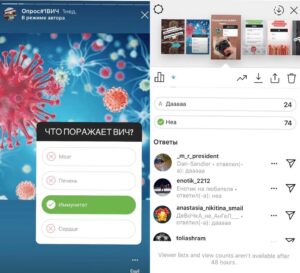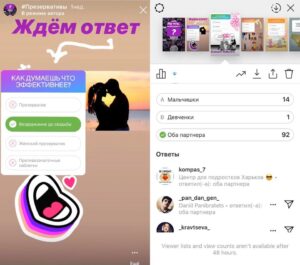 Oleksandr Mohylka, Head of the Compass Day Center of the Kharkiv Charitable Foundation “Blago”, Coordinator of the project “Bridging the Gaps: Health and Rights for Key Populations” in Kharkiv, Ukraine.
Oleksandr Mohylka, Head of the Compass Day Center of the Kharkiv Charitable Foundation “Blago”, Coordinator of the project “Bridging the Gaps: Health and Rights for Key Populations” in Kharkiv, Ukraine.
For reference:
The Compass Day Care Centre works to reduce harm from risky behaviour among teenagers. The key group is teenagers with experience of drug use. The centre’s work includes several fields, including social support for clients, individual counselling, group information sessions for teenagers at risk and mass prevention activities. The centre has developed a rehabilitation programme in the day care centre and a resource centre for specialists working with teenagers at risk.
Difficulties due to the virus
From the beginning of quarantine all our work went online, we had to completely stop face-to-face consulting clients. In theory, clients still have the opportunity to receive condoms and other necessary materials for them, or, for example, to be tested – an employee living near the center is always ready, by prior arrangement, to provide these services. However, in practice it is difficult for clients to move around the city, and it is not safe – they are at risk catching the virus or to be fined.
Innovations
We had to go online as much as possible. This also applies to our internal management and customer service. Our specialists continue to consult both clients and their parents by phone, using Skype or other client-friendly programs. We try to retain those clients who are undergoing a rehabilitation program as well. With the help of ZOOM platform we organized a focus group with the clients of the project, and held a number of webinars for more than 50 specialists from 4 settlements of Kharkiv region.
In addition, we have activated the work with teenagers on the page of CDP “Compass” in Instagram. There are live broadcasts with project specialists, contests and quizzes. The main goal is to attract new clients to the project. We assume that after the quarantine is over, they will apply to our center for services. Also with the help of this page we remind our clients about the necessity and rules of saving their health. Specialists of the project are in constant contact with the champions who implement the Journey4Life project. Champions actively communicate with guys from training groups in chat rooms, where they answer questions, organize competitions and give them useful information.
Through social networks, messengers and telephone, we continue to connect with partners and redirect clients to get the services they need. For example, we refer clients of the rehabilitation program to a drug therapist for advice.
Visiting statistics of our Instagram page shows that teenagers like this type of such interaction, although they miss the live communication. We assume that teenagers appreciate our social networking activity and see it as our desire to stay with them and be useful to them at this difficult time.
Overall, this situation has forced us to do the same job that we did before quarantine in a different way. This is an interesting challenge that will make us stronger and more diverse in terms of providing services for teenagers. In fact, we had to enter a world of their interests and opportunities. It’s our job to make good use of it. However, there are also more complex challenges, such as testing teenagers for HIV infection and other diseases related to their behaviour. There is nothing we can do in this direction until quarantine measures are weakened.
What’s next?
Together with the “Kharkiv Regional Youth Center” Communal Institution, we plan to conduct at least 3 trainings for adolescents on topics related to the prevention of risky behavior, as well as on the use of websites, game platforms and other applications that promote healthy lifestyles and promote the comprehensive development of adolescents.
As part of the Journey4Life program, we will conduct two sessions. The first one will be connected with the photo in the installations with the main message of the journey. The second one will be about dancing – participants will have to repeat the learned parts of the dance. Both shifts will be based on the principle that the first beginners are the champions and pass the baton to the others.
In addition, we plan to contact those visitors of our Instagram page who gave wrong answers to the quiz questions (e.g. about HIV infection or about condom use) in order to analyze their knowledge, belonging to a risk group and to involve them in the project services.





